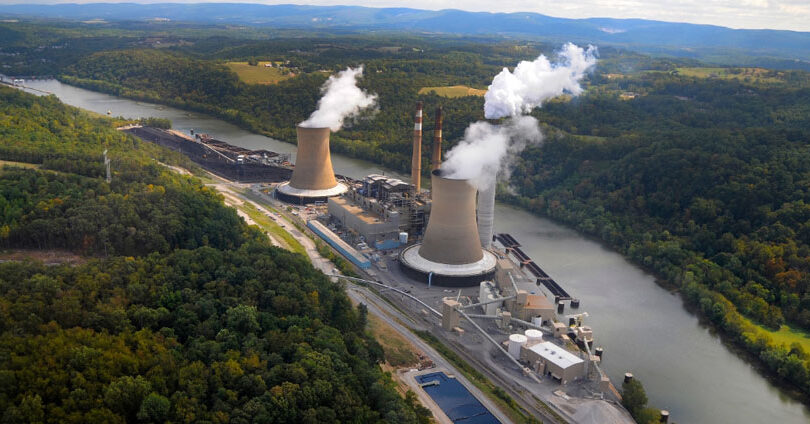MORGANTOWN — Mon Power and Potomac Edison have reached an agreement with other parties in one of their rate-hike cases, settling for a figure about half of what they requested.
The settlement announced in PSC filings on Tuesday and Wednesday is for depreciation expenses tied to Mon Power’s Fort Martin and Harrison coal-fired plants. They expect to retire Fort Martin in 2035 and Harrison in 2040.
As explained in case testimony by the PSC’s Consumer Advocate Division, depreciation is an estimated expense included in a utility’s cost of service, designed to recover asset costs over the lifespan of the asset. “Depreciation expense is one of the largest cost drivers of public utility revenue requirements because these companies are capital intensive.”
The companies’ last depreciation case was in May 2007. They filed this one in January.
The companies requested $71.6 million per year in annual depreciation expenses in their January filing but settled this week on $33 million — filed in a joint stipulation that still requires PSC approval. Among the other parties in the settlement are the CAD, the West Virginia Energy Users Group, Longview Power, the West Virginia Citizen Action Group, Solar United Neighbors and Energy Efficient West Virginia.
The settlement includes a $36 million increase for Mon Power’s steam production plants offset by $3 million combined decreases for Mon Power’s and Potomac Edison’s delivery depreciation.
As part of the the settlement, the companies will engage a third-party consultant to evaluate the impacts of current and proposed environmental rules on Fort Martin and Harrison. The report is due by July 1, 2024.
In case testimony filed in July, Longview CEO Stephen Nelson agreed with the companies that Fort Martin and Harrison, if properly maintained and managed, would be able to operate through to their expected retirement dates. But he disagreed that they could not operate past those dates.
“The real question,” is said, “is not how long the plants can operate but rather how long should they operate.” A comprehensive analysis is needed to answer that.
Based on the performance of Fort Martin and the EPA’s Good Neighbor Rule — which requires pollution reductions from power plants and industrial sources whose pollution crosses state lines — Nelson said it is likely that Fort Martin is and will remain uneconomic by the rule’s 2030 compliance date.
On the other hand, he said, Fort Martin can provide reliability and state economic benefits.
He urged the PSC to keep in mind that a Longview affiliate has a potential alternative for or supplement to Fort Martin in its 1,300-megawatt, construction-ready natural gas-fired plant.
The companies said in their January depreciation case filing that they were timing it to precede and possibly factor into their May rate case request. In that case, they are seeking a $207.5 million (13%) rate hike — for infrastructure and for their energy assistance program. The hike would cost the average residential customer $18.07 per month — raising a bill from $120.20 to $138.27.
Commenting on the settlement, the companies told The Dominion Post on Thursday: “The unanimous agreement marks an important step forward in addressing the funding request within the rate review filed by Mon Power and Potomac Edison earlier this year.
“It’s been more than 16 years since the companies’ depreciation rates were last adjusted in 2007. Recognizing the evolving lifespan of our assets, particularly our generation assets, prompted us to seek updated depreciation rates that accurately reflect the remaining useful lives of these assets.
“We consistently explore avenues for settling cases,” they said, “or aspects of them, to streamline processes and minimize expenses for the state and stakeholders. This approach is aimed at avoiding the full litigation costs that would be incurred if matters were to be litigated extensively before the commission.”
They said the new rates are scheduled to take effect next year, aligning with the completion of the remaining phases of the ongoing rate review and the issuance of the PSC order.
EMAIL: dbeard@dominionpost.com




